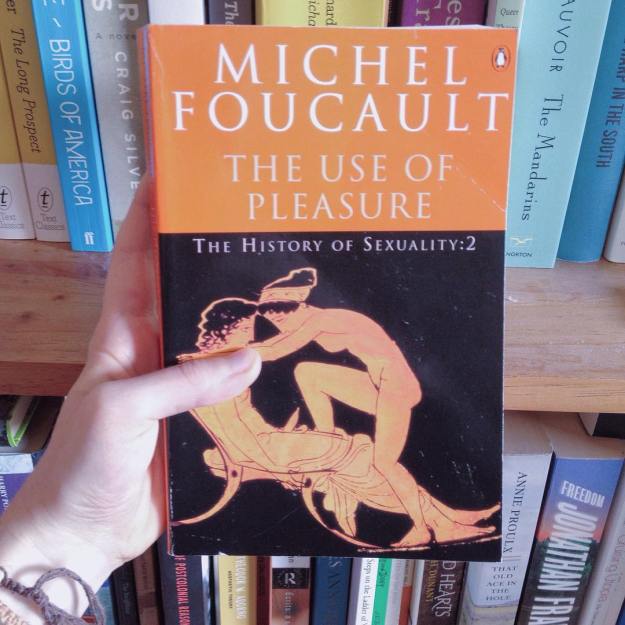
The opening of a trilogy, once-popular, antiquated: a 1941 take on white invasion/settlement (balanced awkwardly between ideology), 1788 to 1792, but always more 1941 than 1788. A canvas that struggles to contain the people it depicts, black and white, Wangal, Wullumedegal, Burra-matta-gal, Cammeraygal, officers, convicts, rich, poor, women, men, and the country it holds: the waves of Port Jackson, headlands, Parramatta, the Blue Mountains. Historical figures loom large: Arthur Phillip, Bennelong, Barangaroo. A “silent,” “frightening” place where the “natives” do not understand change, live blurred with the land itself, childlike, static. The self-congratulation of white transcription of Aboriginal experience. An attempt at understanding the conflict, the varied perspectives that merged and struck on Koori land, but, ultimately, a colonial act itself, a muffling of language, the words of the coloniser returning decades later.


